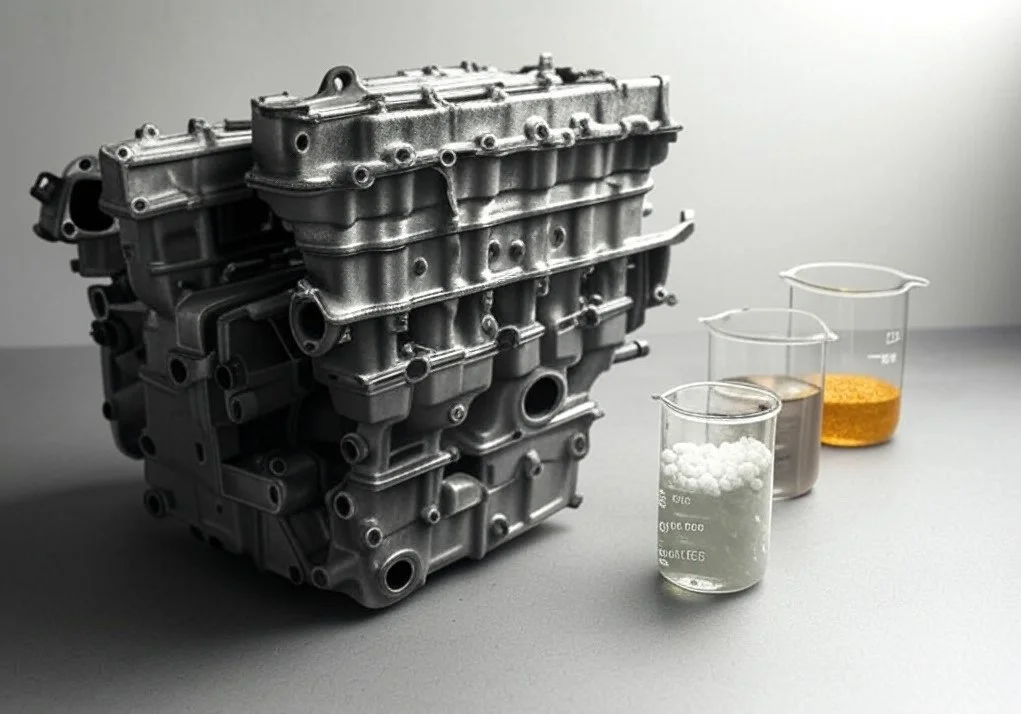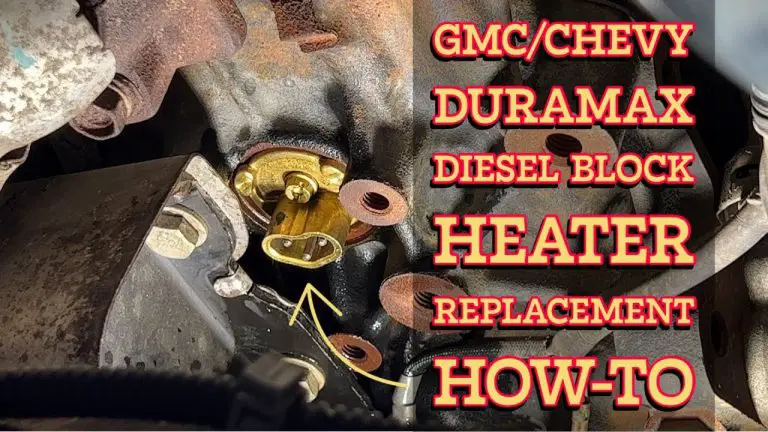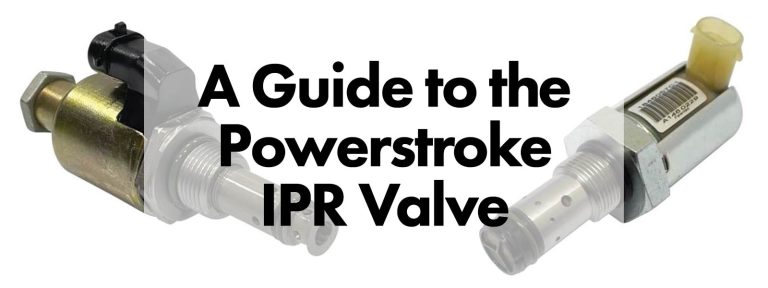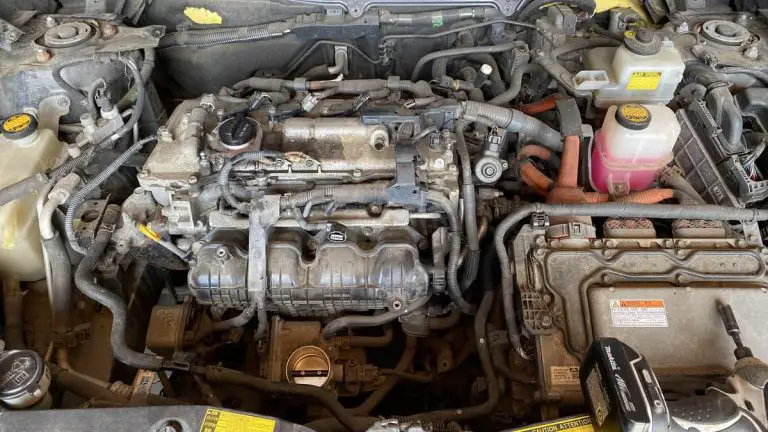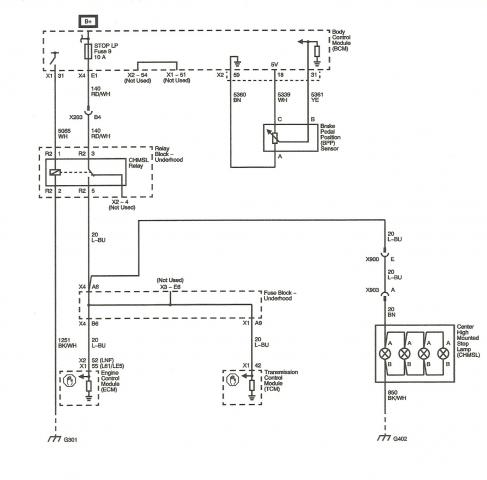What Happens If You Put Diesel in a Gas Engine?
Mixing up fuel types at the pump can be a costly mistake. If you’ve accidentally put diesel into your gasoline engine, you might wonder about the consequences. This article will explore what happens when diesel fuel contaminates a gas engine, the potential damage, how to recognize the problem, and steps for recovery.
Understanding Gas and Diesel Fuels
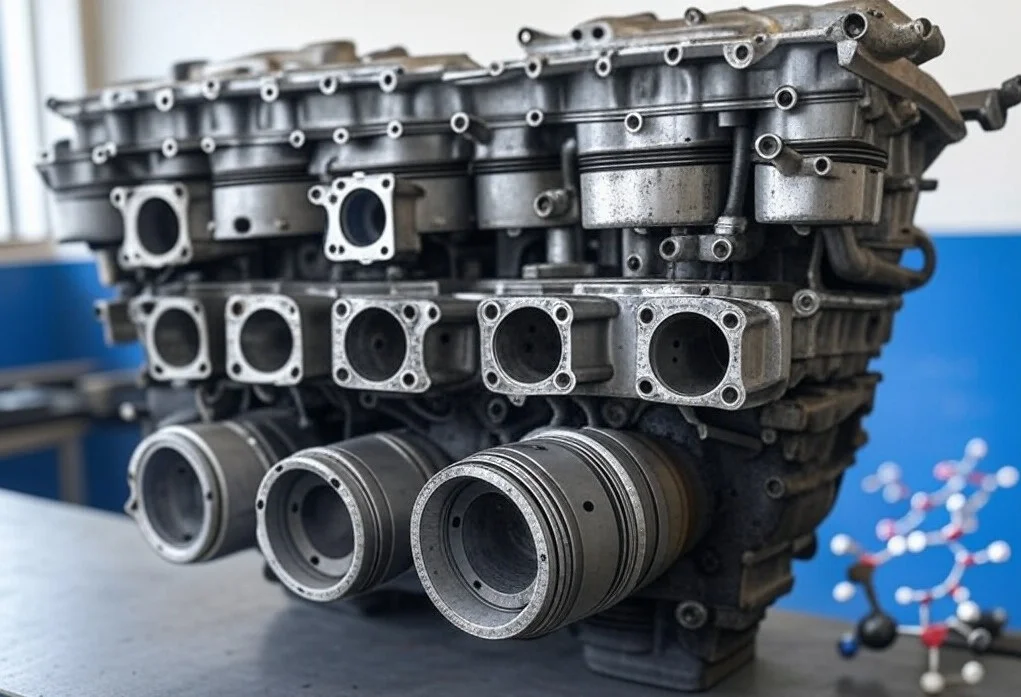
Gasoline:
- Engine Type: Gasoline is specifically designed for use in spark-ignition engines, commonly known as gasoline or petrol engines. These engines work on the Otto cycle, where a mixture of air and fuel is ignited by a spark plug.
- Ignition Method: The ignition of gasoline happens through the use of spark plugs. When the piston compresses the air-fuel mixture, the spark plug emits a spark at the precise moment to ignite the mixture. This controlled combustion pushes the piston down, driving the crankshaft.
- Physical Properties:
- Lighter Composition: Gasoline molecules are generally smaller and lighter than those in diesel, consisting mainly of hydrocarbons in the C4 to C12 range.
- Volatility: It has a relatively high volatility, meaning it evaporates quickly. This is crucial because the fuel must vaporize for proper combustion to occur within the short timeframe of the engine’s cycle.
- Octane Rating: Gasoline is formulated to have a specific octane rating that prevents premature combustion or “knocking.” Higher octane fuels resist knocking better in high-compression engines.
- Combustion Cycle: Gasoline is formulated to burn within the specific timing and temperature conditions of the spark-ignition cycle, which involves intake, compression, power (combustion), and exhaust phases.
Diesel:
- Engine Type: Diesel fuel is used in compression-ignition engines, which operate on the Diesel cycle. Here, the fuel-air mixture ignites due to the heat of compression rather than a spark.
- Ignition Method: Instead of a spark, diesel fuel auto-ignites when injected into the combustion chamber at the end of the compression stroke. The high pressure and temperature cause the diesel to ignite without an external ignition source.
- Physical Properties:
- Heavier Composition: Diesel fuel consists of hydrocarbons that are larger and heavier, typically in the C12 to C20 range, giving it a higher energy content per volume.
- Lower Volatility: Diesel does not evaporate as quickly as gasoline, which suits the higher compression and longer ignition delay of diesel engines.
- Cetane Number: Similar to octane for gasoline, diesel has a cetane number that indicates ignition quality; higher numbers mean quicker ignition under compression.
- Energy Density and Efficiency: Diesel’s higher energy density allows for better fuel economy, and diesel engines generally have higher thermal efficiency due to their higher compression ratios.
Key Differences:
- Ignition: The fundamental difference lies in how the fuel ignites. Gasoline requires an electrical spark to ignite, while diesel relies solely on the heat generated from air compression.
- Lubricity: Diesel fuel inherently contains compounds that provide lubrication for the fuel injection system and engine parts. This is less of a concern with modern gasoline engines, which have different lubrication systems, but older or specific types of gasoline engines might benefit from additives for lubricity.
These differences lead to distinct engine designs, operational characteristics, and maintenance needs. Gasoline engines tend to be lighter and less expensive but are typically less fuel-efficient than diesel engines, which are known for their durability, torque, and efficiency but are heavier and often more costly to produce.
Immediate Effects of Diesel in a Gas Engine
Here’s a detailed look at what happens when you mistakenly put diesel fuel in a gasoline-powered engine:
Starting the Engine:
- Unusual Noises: Diesel has a much higher cetane number, which means it’s designed to ignite under the high compression of a diesel engine, not via the spark of a gasoline engine. When diesel is used in a spark-ignition engine, you might hear knocking or rattling noises because the fuel resists ignition until it’s compressed much more than intended, leading to improper combustion.
- Difficulty Starting: Since diesel does not evaporate as readily as gasoline, the fuel system might struggle to deliver the right amount of fuel in vapor form to the combustion chamber. This can result in the engine either having difficulty starting or not starting at all. The fuel injectors or carburetor, designed for gasoline’s properties, won’t atomize diesel properly, leading to poor air-fuel mixture formation.
Performance Issues:
- Power Loss: The engine is designed to work with gasoline, which has a different combustion characteristic. Diesel will not burn properly in the presence of a spark, leading to incomplete combustion, which translates into a significant drop in power. The engine might run, but it will be sluggish and unresponsive.
- Stalling and Rough Running: The incorrect fuel type can cause the engine to run unevenly, misfire, or stall due to the fuel mixture being too rich or simply not igniting correctly. The timing of the spark is off for diesel’s combustion characteristics, leading to erratic engine behavior.
Visual Symptoms:
- Exhaust Smoke: One of the most visible signs is the color and smell of the exhaust. Using diesel in a gas engine can produce black, blue, or white smoke due to unburnt fuel. Black smoke indicates too much fuel or not enough air, while blue smoke might suggest oil burning along with the diesel, and white smoke could mean unburnt fuel or coolant mixing with combustion gases if the problem escalates.
- Smell: There will be a distinct diesel odor, different from the usual gasoline exhaust smell, which can be quite strong and pervasive, especially if the engine is running poorly or not at all.
If you’ve mistakenly put diesel in a gas engine, it’s advisable to stop the engine immediately if it starts, avoid running the vehicle, and have it towed to a professional service where the fuel system can be drained and cleaned. Running the engine for any length of time on the wrong fuel can lead to damage to the fuel system, engine internals, and can harm the catalytic converter due to the inappropriate fuel-air mixture.
Long-term Damage from Diesel Contamination
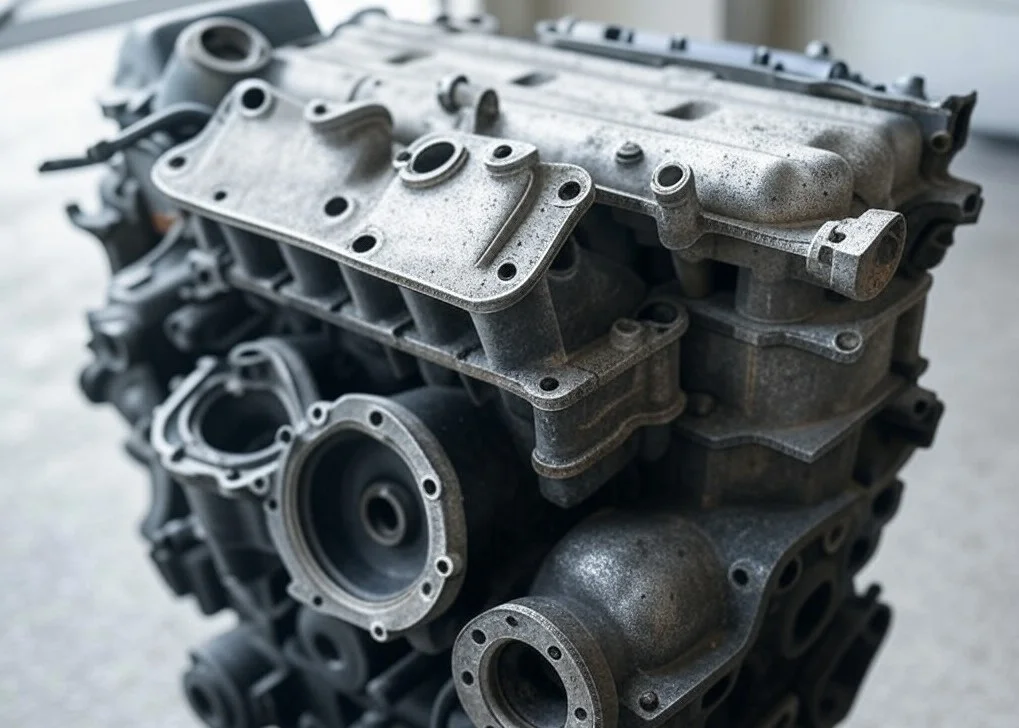
Here’s a detailed look at how diesel fuel in a gasoline engine can lead to various forms of engine wear:
Engine Wear:
- Initial Quietness: Due to its inherent lubricating properties, diesel might make the engine run quieter initially as it can lubricate components better than gasoline. However, this benefit is short-lived.
- Carbon Buildup:
- Combustion Chamber: Diesel doesn’t burn properly in a spark-ignition system, leading to deposits of carbon on the cylinder walls, piston tops, and in the combustion chamber. This can reduce engine efficiency and increase compression, leading to knocking or even pre-ignition.
- Valves and Spark Plugs: Carbon can accumulate on intake and exhaust valves, potentially reducing their ability to seal properly. Spark plugs can foul due to the carbon, leading to misfires or poor ignition.
- Fuel System Contamination:
- Injectors/Carburetors: Diesel can gum up or clog fuel injectors or carburetor jets, which are not designed to handle diesel’s viscosity and composition. This impairs fuel delivery, leading to poor engine performance or failure to start.
- Fuel Lines and Filters: Diesel can also contaminate fuel lines and filters, leading to restricted fuel flow.
- Catalytic Converter:
- The catalytic converter is designed to handle the byproducts of gasoline combustion. The unburnt diesel or its combustion products can deposit carbon or ash in the converter, potentially clogging it, reducing its efficiency, or causing it to overheat and fail. This can also lead to increased emissions.
- Oil Dilution:
- Diesel Seeping into Oil: Diesel fuel, being less volatile than gasoline, can leak past rings or valves into the crankcase, diluting the engine oil. This dilution lowers the oil’s viscosity and reduces its lubricating capabilities.
- Increased Wear: Diluted oil offers less protection against friction, leading to accelerated wear on bearings, cylinders, pistons, and other moving parts. Over time, this can lead to significant engine damage.
The consequences of using diesel in a gasoline engine can be severe, especially if the engine is run for an extended period. The best course of action is to avoid starting the engine if you’ve put in the wrong fuel. If the engine has been run, it should be stopped as soon as possible, and professional assistance should be sought to drain the fuel system, clean components, and assess any damage. Regular oil changes and inspections might be necessary following such an incident to ensure no long-term damage has been done to the engine.
What to Do If You’ve Put Diesel in a Gas Tank
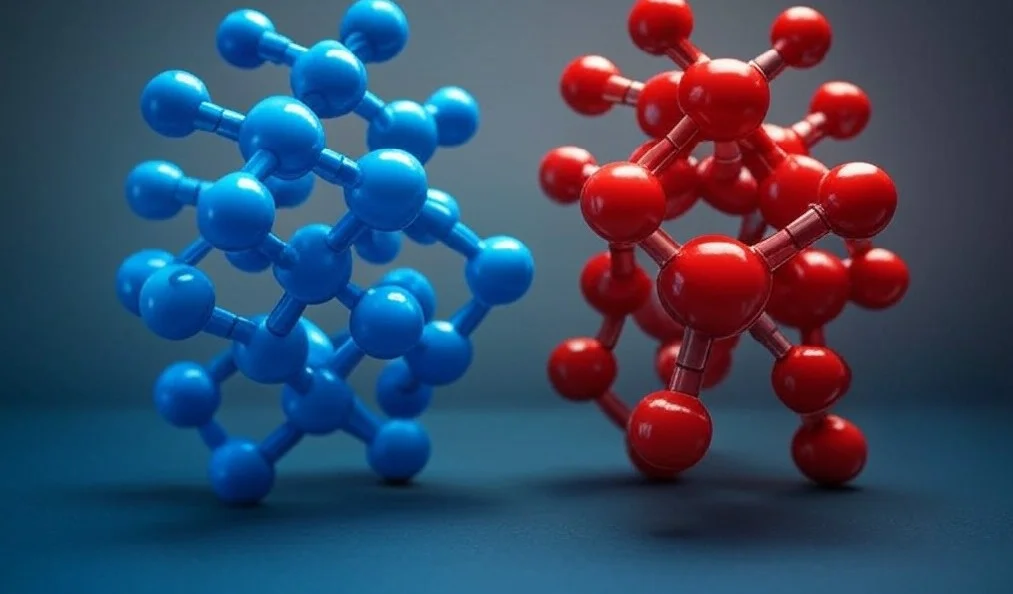
Here’s a detailed plan on what to do if you’ve mistakenly put diesel fuel into a gasoline engine:
Do Not Start the Engine:
- If you haven’t started the engine yet, do not do so. Starting it will circulate the wrong fuel through the system.
- If the engine has already been started, turn it off immediately to minimize damage.
Drain the Tank:
- Professional Service:
- The safest and most effective method is to take the vehicle to a professional mechanic or a service station equipped to handle fuel system issues. They have the tools and expertise to:
- Completely drain the fuel tank.
- Flush the fuel lines and system to remove any diesel residue.
- Clean or replace fuel filters that might have been contaminated.
- Inspect other components for signs of diesel contamination.
- The safest and most effective method is to take the vehicle to a professional mechanic or a service station equipped to handle fuel system issues. They have the tools and expertise to:
- DIY Approach:
- If you’re far from help and must attempt a DIY solution:
- Use a siphon pump or hand pump to extract as much diesel as possible from the tank. Be cautious; diesel is messy and can be harmful if inhaled or if it contacts skin or eyes.
- Remember, this method is less effective than professional draining, as it might not remove all the diesel, especially from the fuel lines or carburetor.
- If you’re far from help and must attempt a DIY solution:
Refill with Gasoline:
- After ensuring the tank is as empty as possible, refill it with the correct type of gasoline. Check the owner’s manual for the recommended octane rating.
Check the Fuel System:
- Whether you’ve done it yourself or had professional help, it’s crucial to:
- Inspect the fuel lines for any signs of contamination or damage.
- Check fuel injectors for clogs or residue; they might need cleaning or replacement if affected.
- If your vehicle has a carburetor, it should be inspected for any diesel-related issues.
- Replace the fuel filter, as it might have become contaminated.
Monitor Performance:
- After correcting the mistake, drive the vehicle under normal conditions but keep a close eye on:
- How the engine runs; look out for any signs of rough idling, misfiring, or loss of power.
- The exhaust for any unusual smoke or smell, which could indicate lingering issues.
- The check engine light; it might come on if the engine control unit detects problems.
- Consider having an oil change soon after the incident to remove any diesel that might have diluted the engine oil.
- If you notice any ongoing performance issues or if the check engine light stays on, revisit a mechanic for a thorough diagnostic check. The engine might need additional cleaning, or some components might require replacement.
Remember, even if the vehicle seems to run fine after this ordeal, there could be latent damage or wear that might only show up over time. Regular maintenance and monitoring are key to catching any residual effects of this mistake.
FAQs About Diesel in Gas Engines
Q1: Can a small amount of diesel in gasoline harm my engine?
A: Small amounts might not cause immediate damage but can lead to carbon buildup over time.
Q2: How much diesel is too much for a gas engine?
A: Even a small percentage can affect performance, but over 10% could lead to significant issues.
Q3: Will my car insurance cover this mistake?
A: Coverage varies; some might cover the cost of draining and cleaning if you have comprehensive insurance.
Q4: Can you drive with diesel in a gas engine?
A: Driving is not recommended as it can lead to immediate engine damage or performance issues.
Q5: How can I prevent this in the future?
A: Always double-check the fuel nozzle and pump before filling up. Some stations color-code nozzles for safety.
Conclusion:
Putting diesel in a gasoline engine is a serious mistake that can range from mildly inconvenient to severely damaging. The key is immediate action to minimize harm. If you ever find yourself in this situation, prioritize draining the tank and consulting with a mechanic. Preventive awareness and careful refueling can save both time and money, ensuring your vehicle’s longevity and performance.

